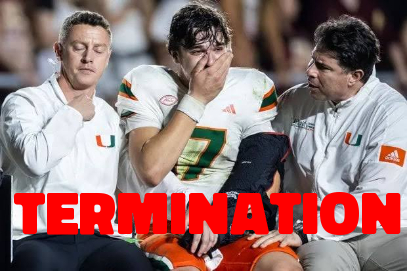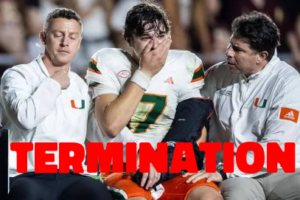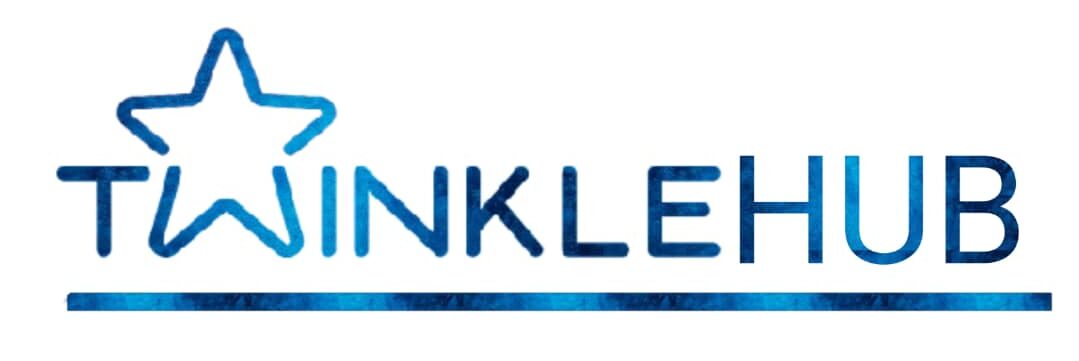

Miami Hurricanes Football: A Legacy of Excellence and Resilience
The Miami Hurricanes football team, representing the University of Miami (UM), is one of the most storied programs in NCAA football history. The team has left a remarkable mark on the college football landscape, known for its intense rivalries, championship pedigree, and the production of countless NFL stars. The Hurricanes, often referred to as “The U,” have built a legacy of dominance, resilience, and innovation in the world of college football.
Early Years and Foundation
The University of Miami’s football program began in 1926, though the team didn’t gain national prominence until the mid-20th century. For much of its early history, the Hurricanes were a relatively small program with little success, but that began to change in the 1980s when the program hit its stride. This era marked the beginning of Miami’s rise as one of the top football programs in the country.
The Golden Years: 1980s-1990s
Miami’s dominance truly began under head coach Howard Schnellenberger, who took over in 1979. He was instrumental in setting the foundation for what would become a powerhouse. Schnellenberger led the Hurricanes to their first national title in 1983. However, it was Jimmy Johnson, who took over in 1984, that helped solidify the team’s national reputation. Johnson, who later became a successful NFL coach, transformed the Hurricanes into a juggernaut.
Throughout the 1980s and 1990s, Miami became synonymous with winning. The program claimed four national championships (1983, 1987, 1989, and 1991) under legendary coaches like Jimmy Johnson and Dennis Erickson, and produced some of the most iconic players in college football history. Stars like Michael Irvin, Warren Sapp, Ray Lewis, and Ed Reed not only helped the Hurricanes dominate college football but also became NFL legends.
The success during these decades was marked by an aggressive, high-powered offense and a fast, physical defense that became the blueprint for future football teams. Miami’s “defensive back U” moniker gained momentum as the program produced an incredible list of NFL-caliber defensive players, including cornerbacks like Deion Sanders, who would go on to redefine the position in the NFL.
The Decline and Rebuilding Period
While the Hurricanes continued to be competitive throughout the late 1990s, the program faced challenges in the 2000s. Coaching changes, off-field controversies, and a shift in the recruiting landscape led to a decline in performance. Despite having talented players, including Frank Gore, Sean Taylor, and Kellen Winslow Jr., the Hurricanes struggled to maintain their elite status.
However, Miami continued to have moments of brilliance, including a memorable run to the 2001 National Championship Game, where they narrowly lost to Ohio State in one of the most controversial games in college football history. The 2001 team remains one of the most talented in the history of college football, featuring future NFL stars like Jeremy Shockey, Andre Johnson, and Phillip Buchanan.
The Return to Prominence
In recent years, the Hurricanes have been in the midst of a rebuilding phase. Under current head coach Mario Cristobal, the program aims to return to the heights of its glory days. Cristobal, who took over the program in 2022, brought with him a wealth of experience, including stints as an assistant coach at Miami and as the head coach of Oregon.
Cristobal has focused on rebuilding the program through recruiting and developing players who embody the physicality and toughness that have always been a hallmark of Miami football. With improved facilities, a renewed commitment from the administration, and a strong fan base, the Hurricanes are poised to once again become a national contender.
Rivalries and Iconic Moments
The Hurricanes have built some of the fiercest rivalries in college football. Their annual matchup with Florida State is one of the most heated in the sport, with both teams consistently ranking among the top programs in the nation. Miami’s rivalry with Florida and Virginia Tech also stand out, creating thrilling and memorable matchups throughout the years.
One of the most iconic moments in the history of Miami Hurricanes football occurred in 1987 when the team’s victory over the Notre Dame Fighting Irish cemented the Hurricanes as a dominant force in college football. That game, part of a broader undefeated season, catapulted Miami to a national championship and remains a symbol of the team’s resilience and mental toughness.
Legacy and Future Outlook
The Miami Hurricanes football program has played a significant role in shaping the history of college football. Its legacy is defined not only by the championships won and players developed but by the culture of excellence that surrounds the program. The U is a symbol of toughness, innovation, and pride.
Looking forward, the Hurricanes aim to recapture the magic of their golden years while adapting to the modern era of college football. With a renewed focus on recruiting, player development, and a commitment to excellence, Miami is poised for a bright future.
As the Hurricanes continue their journey, they remain one of the most storied programs in the history of college football, with a rich tradition of success that continues to inspire players, fans, and future generations of college athletes.

Leave a Reply